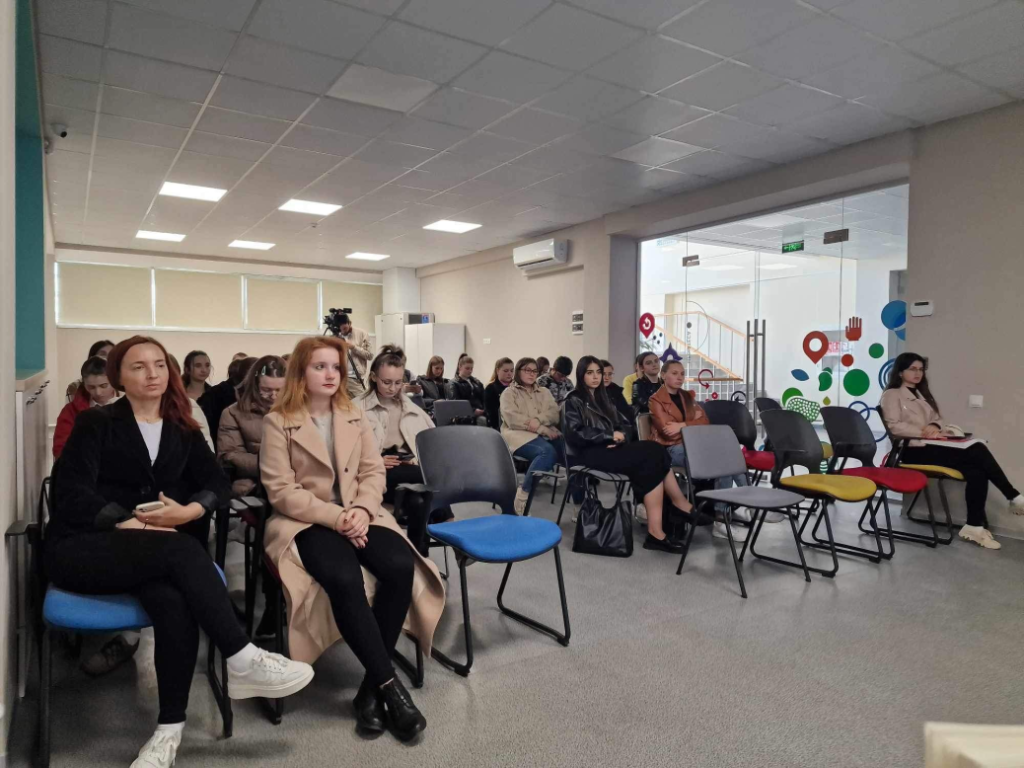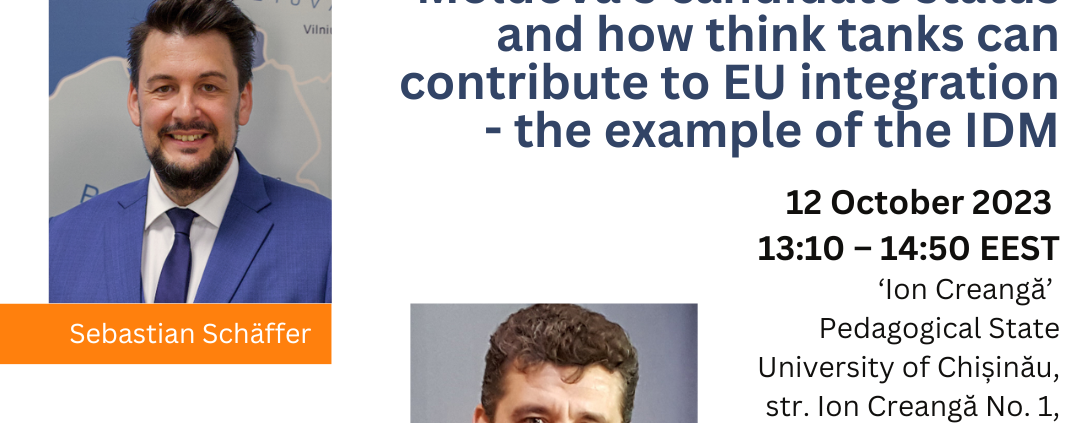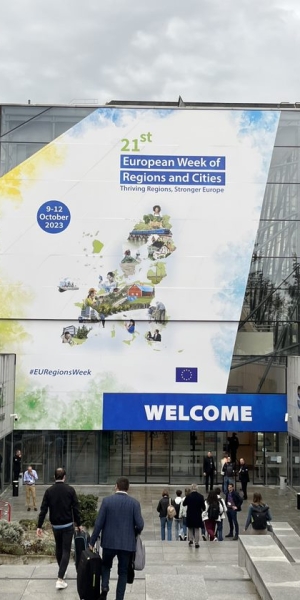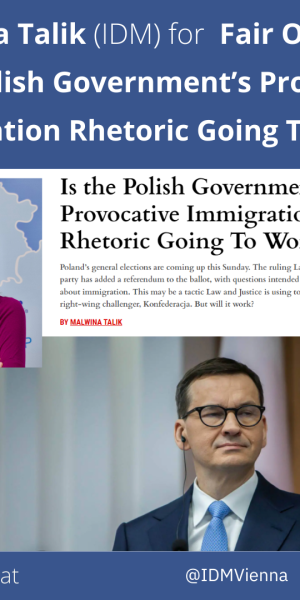Moldova’s candidate status and how think tanks can contribute to EU integration – the example of the IDM
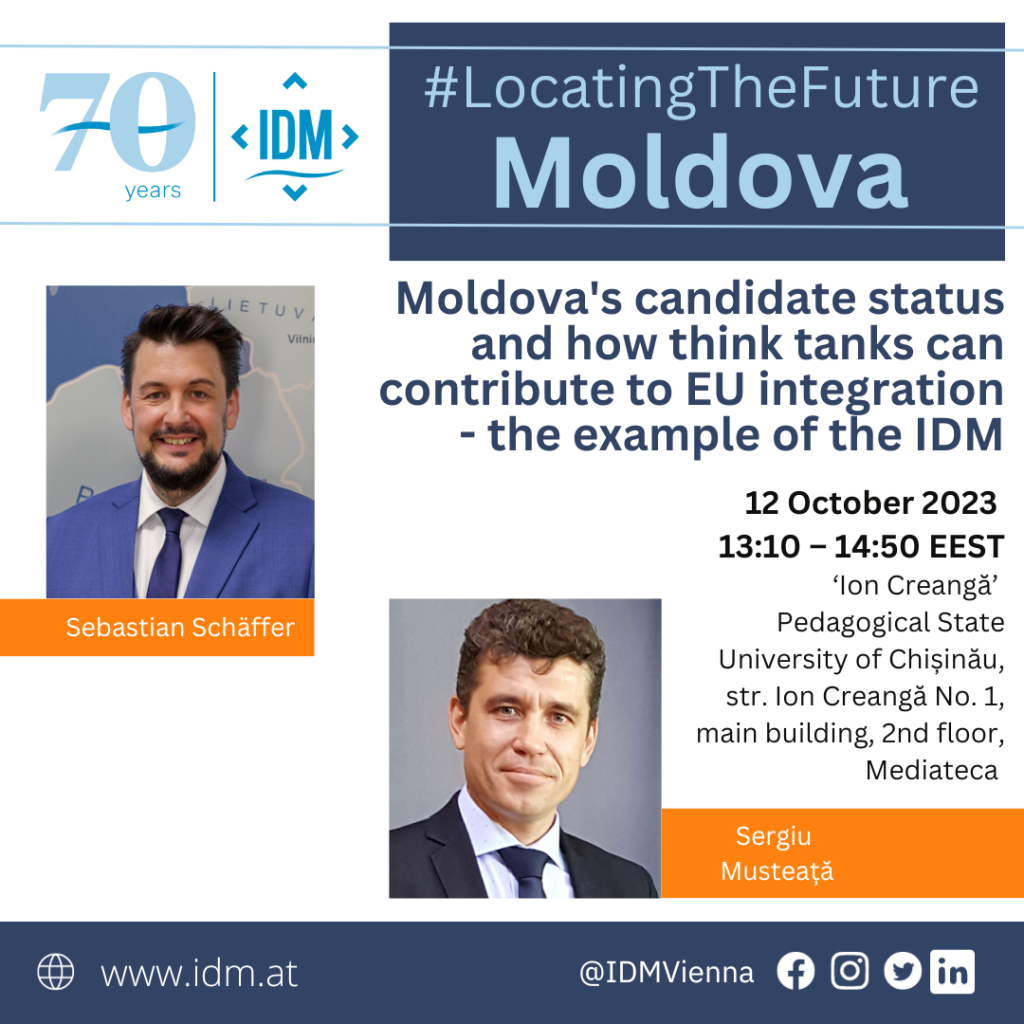
Date:
October 12, 2023
13:00 – 15:00 CEST‘Ion Creangă’ Pedagogical State University of Chișinău, str. Ion Creangă No. 1, main building, 2nd floor, Mediatica

With the unprovoked and unjustified full-scale invasion of Ukraine by the Russian Federation, not only has the European security architecture been destroyed, but also the Eastern dimension of the European Neighbourhood Policy has ultimately become obsolete. Moldova, together with Georgia and Ukraine, had already been pushing within the so-called Associated Trio for a closer cooperation as well as approximation to the EU. Contrary to the other three target countries of the Eastern Partnership (EaP) – with the suspension of Belarus’ participation in the EaP, the Comprehensive and Enhanced Partnership Agreement with Armenia and a similar agreement being negotiated with Azerbaijan – Chisinau wants to become an EU member. Following the application for membership in March 2022 as well as the candidate status received in June 2022, expectations are high that by the end of 2023, negotiations with Brussels could be opened. Regardless of when this happens, integration will take significant time and effort. Civil society organizations and think tanks play an important role in supporting these efforts. We discussed how the Institute for the Danube Region and Central Europe (IDM) had been fostering European integration through regional cooperation over the past 70 years and proposed the concept of a Greater European Council, a policy that could contribute to a better transition in becoming an EU member both in general and in the specific case of Moldova.
